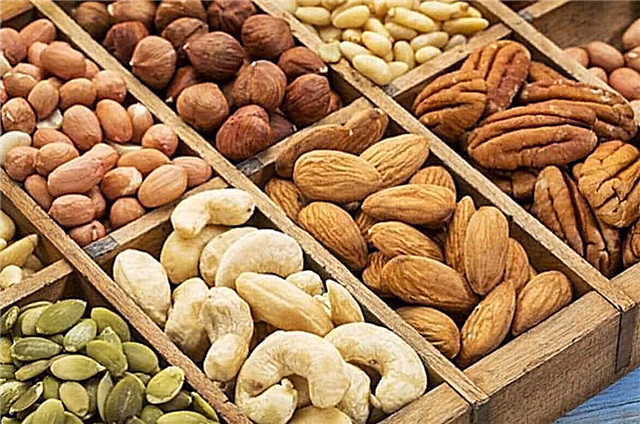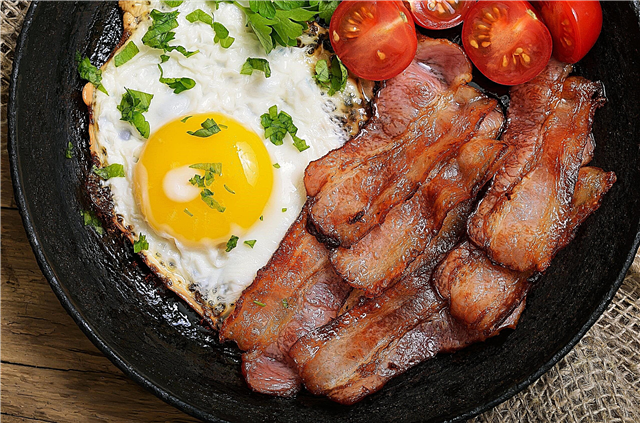The main problem with all diets is severe restrictions on food intake. On the one hand, this is, as it were, the meaning of the diet, but on the other, it always leads to a constant feeling of hunger. When a person is hungry all the time, it is just a matter of time before a breakdown on the diet, and as a result, any success ends with re-gaining even more weight.
From everyone who uses the keto diet, we always get the same feedback, which sharply decreases the feeling of hunger, less hunger. People quietly switch to a 2-time regimen, go on hunger strike for 16-18 hours every day.
What's happening? Why do you want to eat less on a keto diet? How does the feeling of hunger decrease? The answers to these questions can be useful to all people, no matter how they eat.
In a nutshell, how hunger should work and why you need it. There are two hormones in the body that most of all affect hunger - ghrelin (secreted in the stomach lining and causes hunger when the stomach is empty) and leptin (secreted in adipose tissue, suppresses hunger). All problems arise due to the fact that the brain for some reason does not respond to leptin and does not reduce the feeling of hunger, this condition is called leptin resistance.
We will not delve into the biochemistry of the process and describe all the experiments and studies, we will give only practical recommendations - what should be done so that the balance of these hormones is normal and there is no feeling of hunger.
Hunger is greatly reduced
if a
1) There is protein and fat,
which take a long time to digest in the stomach, for example. fatty meat (4-6 hours), nuts (3 hours), poultry (3 hours)
2) Eat more Omega-3 fatty acids
they increase the production of leptin, help reduce leptin resistance and reduce hunger
3) Maintain ketosis,
which by itself severely limits the release of ghrelin
4) Avoid sleep deprivation.
Sleep 6-8 hours ideally helps to normalize all processes in the body.
Things to Avoid:
1) Monosodium glutamate (E621) - suppresses the brain's reaction to leptin, after which leptin resistance develops. When consumed, the feeling of hunger is greatly increased. May increase insulin production by 3 times.
2) sugar substitutes, are not far off in terms of the effect on hunger from glutamate. Research shows that sweeteners can increase your calorie intake by 30%. It was found that in the brain, sweet taste is associated with energy consumption, i.e. if you eat something sweet, then carbohydrates should get in and give energy. When consuming sweeteners, a person eats sweets, but no energy is supplied and the brain gives a signal to increase the feeling of hunger.
3) glucose-fructose syrup (Corn syrup, HFCS, High-fructose corn syrup), made from corn starch, is widely used in the food industry as a sweetener and thickener. It is several times sweeter than sugar and does not cause the release of insulin, which is why all glucose from it immediately goes into fat. Most of the HFCS is found in yoghurts, ice cream, sweet curds, sauces, ketchups, etc. Manufacturers can call it in different ways: high fructose grain syrup, glucose-fructose syrup, corn sugar, corn syrup, and also use a number of abbreviations (for example, VFZS, HFS, and many others).











